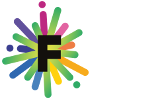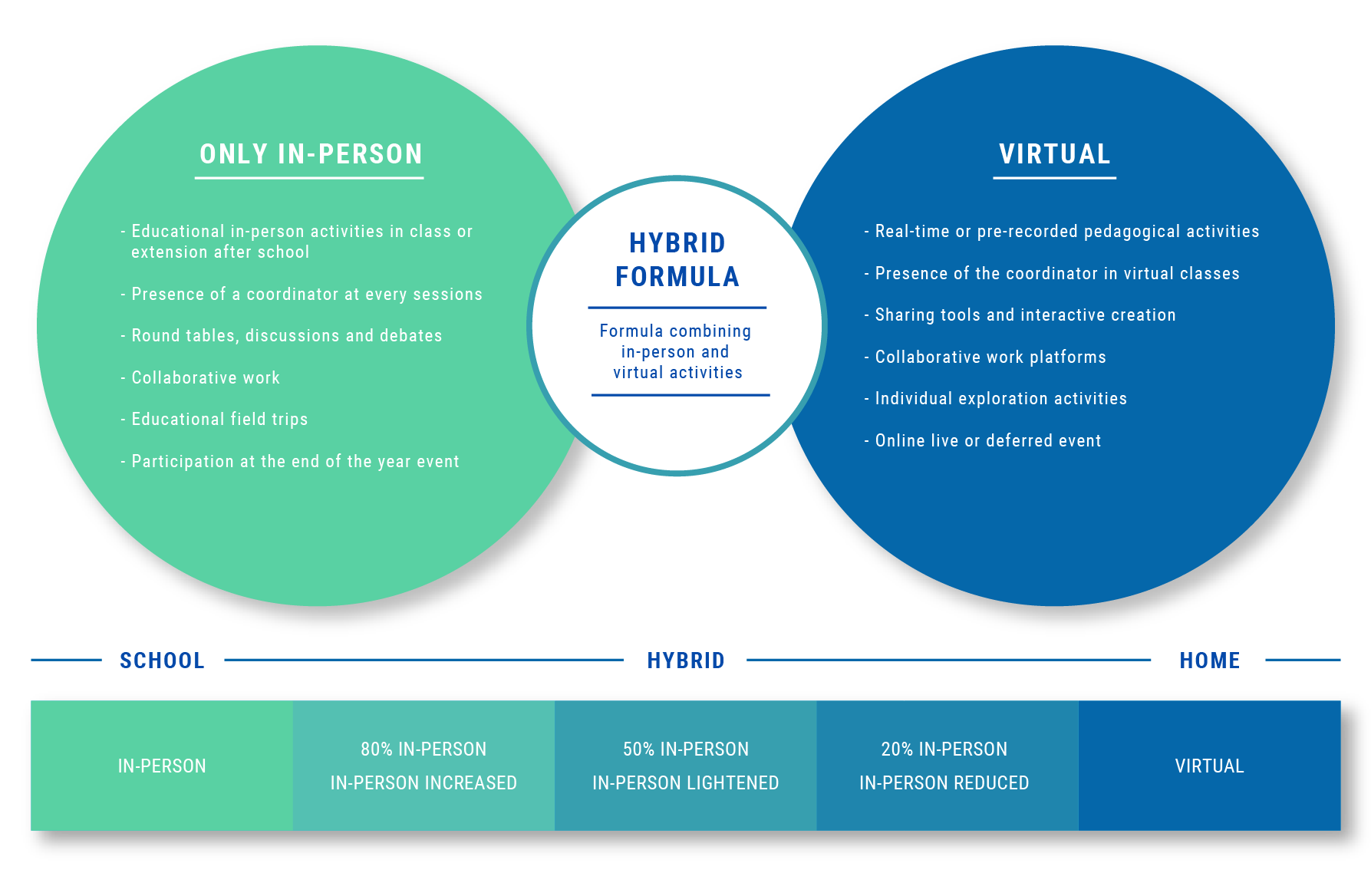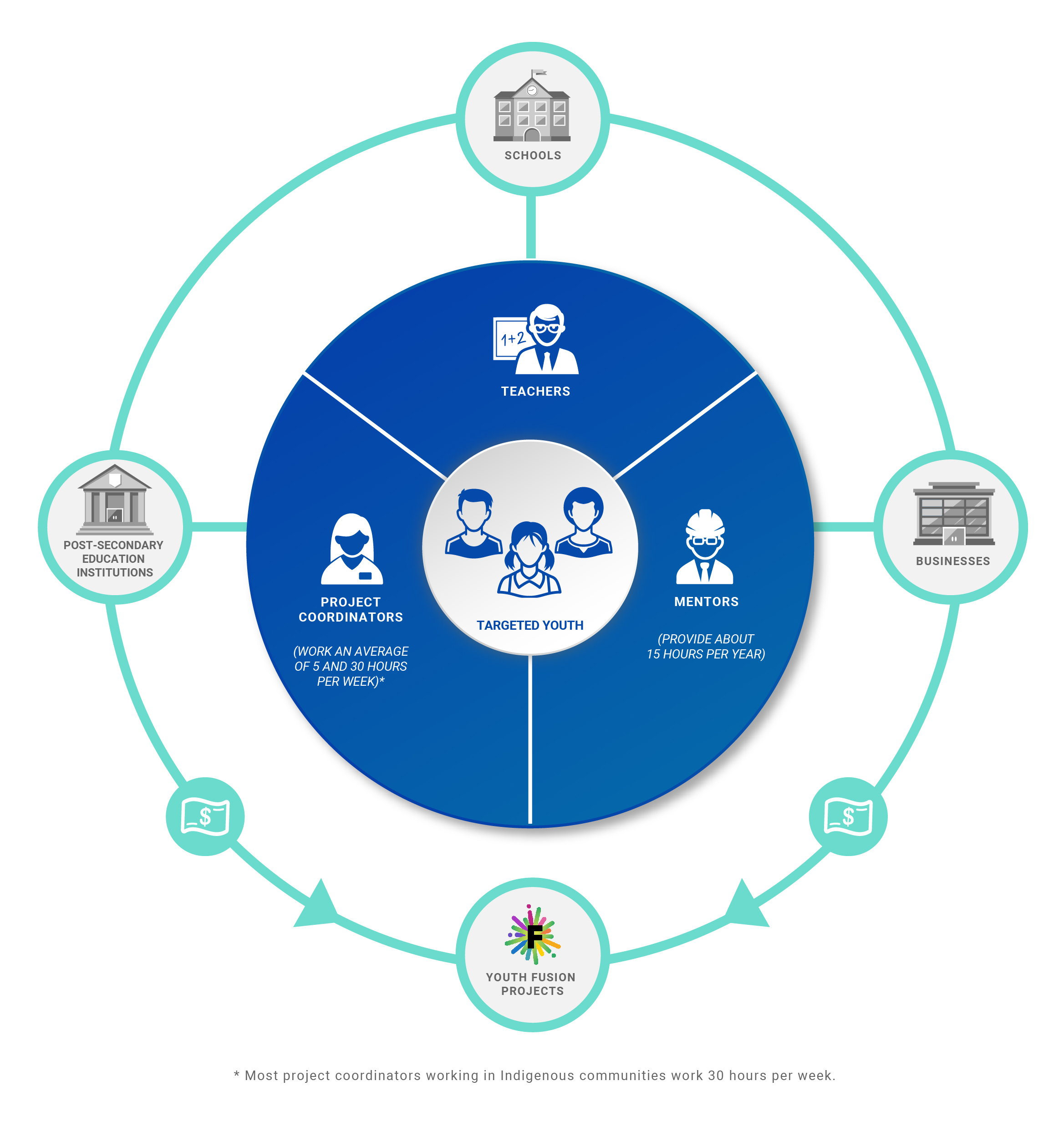What is Youth Fusion’s mission ?
Youth Fusion is an award-winning charity that contributes to the perseverance, employability and civic engagement of youth by implementing innovative experiential learning projects that create ongoing links between school systems and the community.
Every week, we work with 13,000 youth in over 200 schools in rural, urban, and Indigenous communities.
What is the nature and duration of a Youth Fusion project ?
The essence of the work is about the realization of a concrete project developed by youth throughout the school year during weekly activities, carried out mainly in class.
It is an integrative project, structured by a pedagogical framework, integrated with fundamental competencies and interdisciplinary skills.
The project develops the employability potential and the professional interests of the youth. It also offers the possibility of business visits or other relevant external outings organized in collaboration with the school.
What is the role of the project coordinator ?
The project coordinator hired by Youth Fusion is a post-secondary or a recent graduate specializing in a field related to the project.
As an expert in their program, they are responsible for the preparation and implementation of activities related to the Youth Fusion pedagogical framework.
They facilitate the development of technical skills and guides the youth through the various stages of the project implementation.
They also plan the project throughout the year, including logistical components such as assessing accommodation and equipment access requirements as well as outing planning and mentor attendance. To do this, the project coordinator establishes an effective communication channel with the school team (teacher or other staff member) and the program manager.
What is the role of the teacher who is involved in a Youth Fusion project ?
As an expert in pedagogy, the role of the teacher is to team up with the project coordinator to provide supportive classroom and behavioural management and support during activity sessions.
When the activities are being planned, the teacher proposes modifications to improve the workshops in order to achieve their educational objectives, such as the integration of school subjects and work to be evaluated.
They also assist the coordinator in meeting the logistical and administrative needs of the project, such as organizing outings and events and obtaining parental consent permission.
What is the role of the mentor ?
In terms of time commitment, Youth Fusion Jeunesse favours between 4 and 6 visits throughout in the school year, depending on the availability of the mentor, the last of which is participation a presence at the final event.
These visits represent between 10 and 15 hours throughout the school year which will be devoted to connecting with the youth and their work in an authentic way accompanying the young participants. The continuity of the mentor’s presence within the project enables students to create a positive and meaningful link, thus enabling them to project themselves into future careers.
What are the 14 fundamental competencies of Youth Fusion ?
Fundamental competencies represent different skills that are developed and used across the board in all spheres of life. They enable everyone to develop fully as individuals on a personal, professional and social level in order to fully learn from their lived experiences as well as to achieve their goals throughout their life.
In order to deepen the impact of the projects with the youth with whom the coordinators intervene daily, in all its programs, Youth Fusion tries to stimulate the constant and progressive development of 14 fundamental competencies.
The 14 fundamental competencies are the following:
- Self-awareness
- Self-care
- Open-mindedness
- Sense of ethics
- Sense of responsibility
- Collaboration
- Sense of citizenship
- Organizational skills
- Researching and processing information
- Critical thinking
- Problem solving
- Multiliteracy
- Communicating effectively
- Creativity
What is the Future Education Festival, an end-of-year event organized by Youth Fusion ?
The end-of-year event, which usually takes place in May, brings together all the participants that form the large Youth Fusion community. It provides an opportunity for all students to present finished projects, participate in various project-related (demonstrative or competitive) challenges, and win numerous awards. To view the promotional video made during our first festival, please click on the following link: Future Education Festival.
What are the important dates ?
| Regions |
Deadline to submit a project request |
Project confirmation with schools |
Start of the projects in the classrooms |
| Quebec |
June 1st |
June - July |
October or February |
| Ontario |
June 1st |
June - July |
October or February |
| New-Brunswick |
June 1st |
June - July |
October or February |
| France |
July 1st or October 1st |
September or November |
November or January |
What is the cancellation policy following a project request (CANADA) ?
After three completed workshops, if there is no request for cancellation, the school must pay the full fees for the project.
What is the start date for projects in schools ?
Projects will start in October or February.
Is the maximum number of hours per week divided among the different participating classes ?
Yes. The maximum number of hours per week in the school will be divided according to the number of classes participating in the project.
The number of hours a project coordinator will attend for an individual class is specified in detail for each program in the ACTIVITY PERIODS PER WEEK section under the PROJECT DETAILS tab.
Will the project cost be billed to the school or the school board ?
The project cost is usually billed to the school, except in the case of a different agreement with the school board.
After the start of the projects, Youth Fusion will send an invoice to the school board’s finance department. This process allows your network to be aware of all the projects that are taking place for the school year. If applicable, the cost of the projects will then be billed to the school.
Then, if the agreement is that the institutions pay their own costs, the finance department will be able to handle its own internal billing operations.
Are there any additional costs that may be charged by Youth Fusion for the project ?
Additional costs, if any, are detailed for each program in the ADDITIONAL CONDITIONS section unthe the PROJECT DETAILS tab and are generally used to cover the purchase of project-related material.



